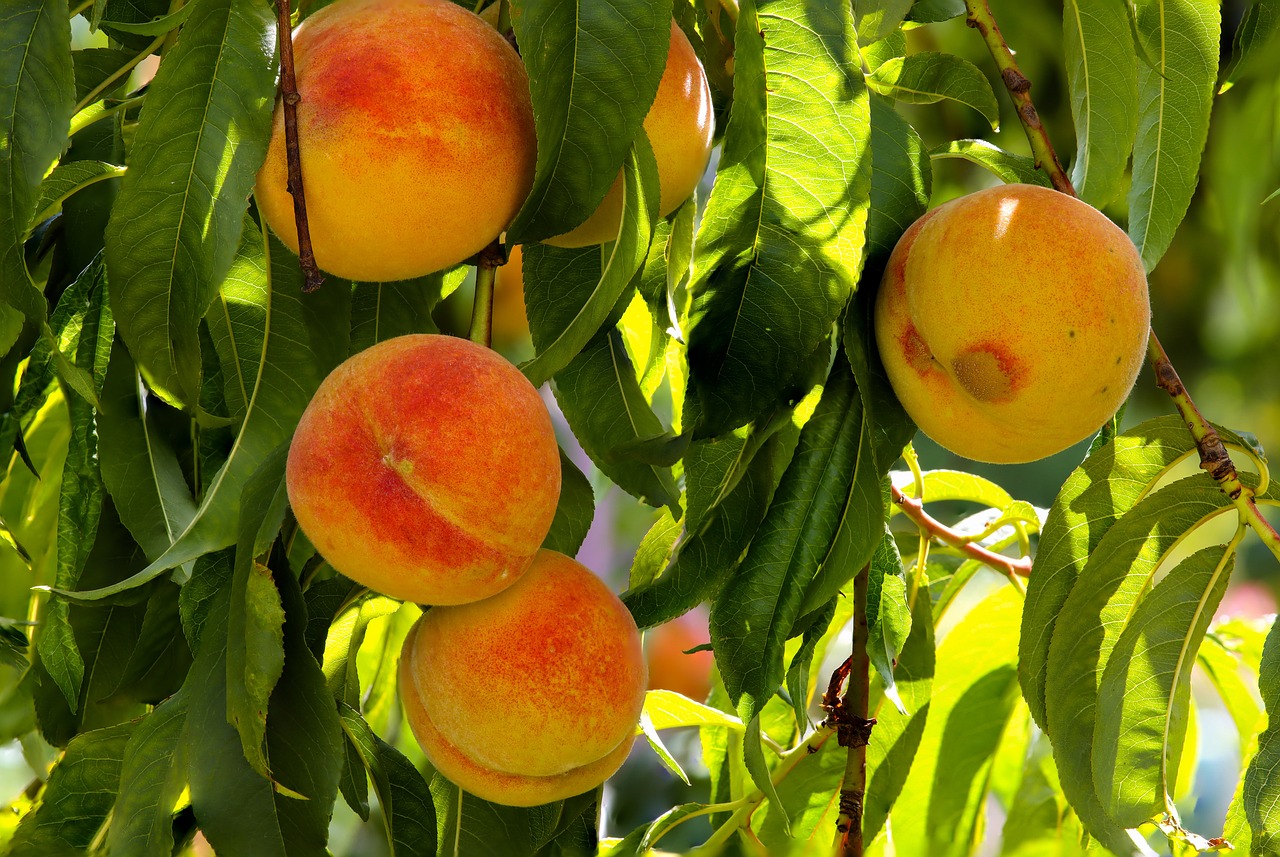Exploring the World of Specialty Coffee: From Bean to Cup
Specialty coffee is distinguishable by its meticulous sourcing, processing, and brewing methods. It starts with the selection of high-quality beans grown in specific regions under ideal conditions, ensuring a distinct flavor profile. These beans are carefully roasted to enhance their unique characteristics, resulting in a more complex and flavorful cup of coffee.
Moreover, the emphasis on sustainability and ethical practices sets specialty coffee apart. Farmers are paid fair prices for their crops, encouraging environmental stewardship and social responsibility within the industry. This dedication to quality and integrity at every stage of production makes specialty coffee a premium choice for coffee enthusiasts seeking a superior and more conscious coffee experience.
History of Coffee
Coffee has a rich and storied history that dates back centuries. Legend has it that coffee was first discovered by an Ethiopian goat herder named Kaldi, who noticed his goats became lively after eating the red berries from a certain tree. Intrigued, he tried the berries himself and experienced a newfound energy.
As the popularity of coffee grew, it spread to the Arabian Peninsula where coffee beans were roasted and brewed for the first time. By the 15th century, coffee had made its way to Persia, Egypt, Syria, and Turkey, where public coffee houses, known as “qahveh khaneh,” became popular social hubs for intellectual conversation and debate.
What is specialty coffee?
Specialty coffee refers to high-quality coffee beans that are grown in specific regions and meet certain standards in terms of flavor profile, aroma, and overall quality.
What sets specialty coffee apart from regular coffee?
Specialty coffee is distinguished by its focus on quality, sustainability, and unique flavors, whereas regular coffee may not meet the same standards and is typically more mass-produced.
How has the history of coffee evolved over time?
The history of coffee dates back to ancient times, with its origins in Ethiopia. It has since spread to various regions around the world, each contributing to the cultivation and production of coffee in their own unique way.
What are some key milestones in the history of coffee?
Some key milestones in the history of coffee include its discovery in Ethiopia, its introduction to the Arab world, the establishment of coffee houses in Europe, and the global spread and popularity of coffee in modern times.
How has the concept of specialty coffee changed the coffee industry?
The concept of specialty coffee has brought a greater emphasis on quality, sustainability, and innovation to the coffee industry, leading to a more diverse and vibrant coffee culture around the world.





